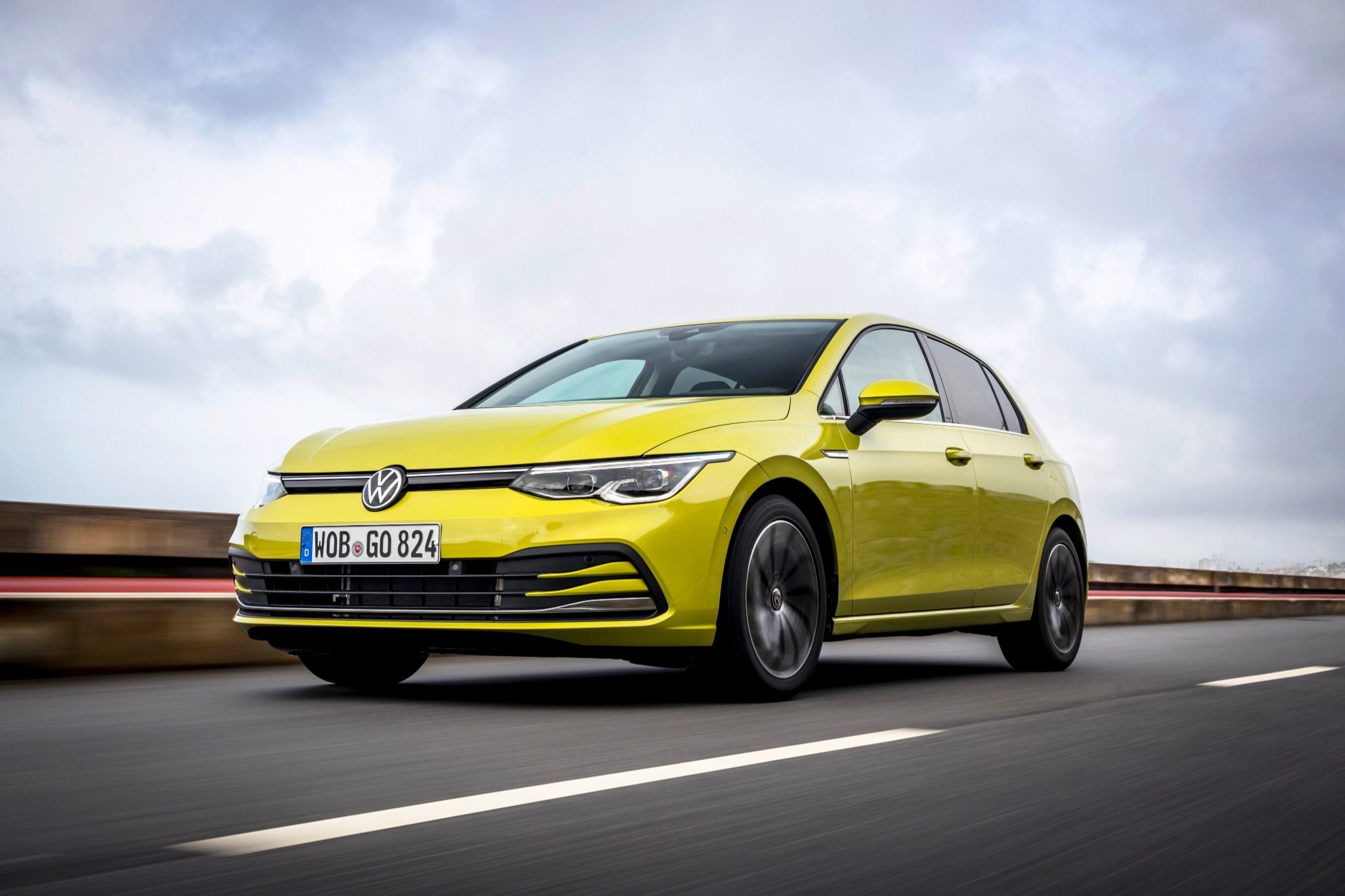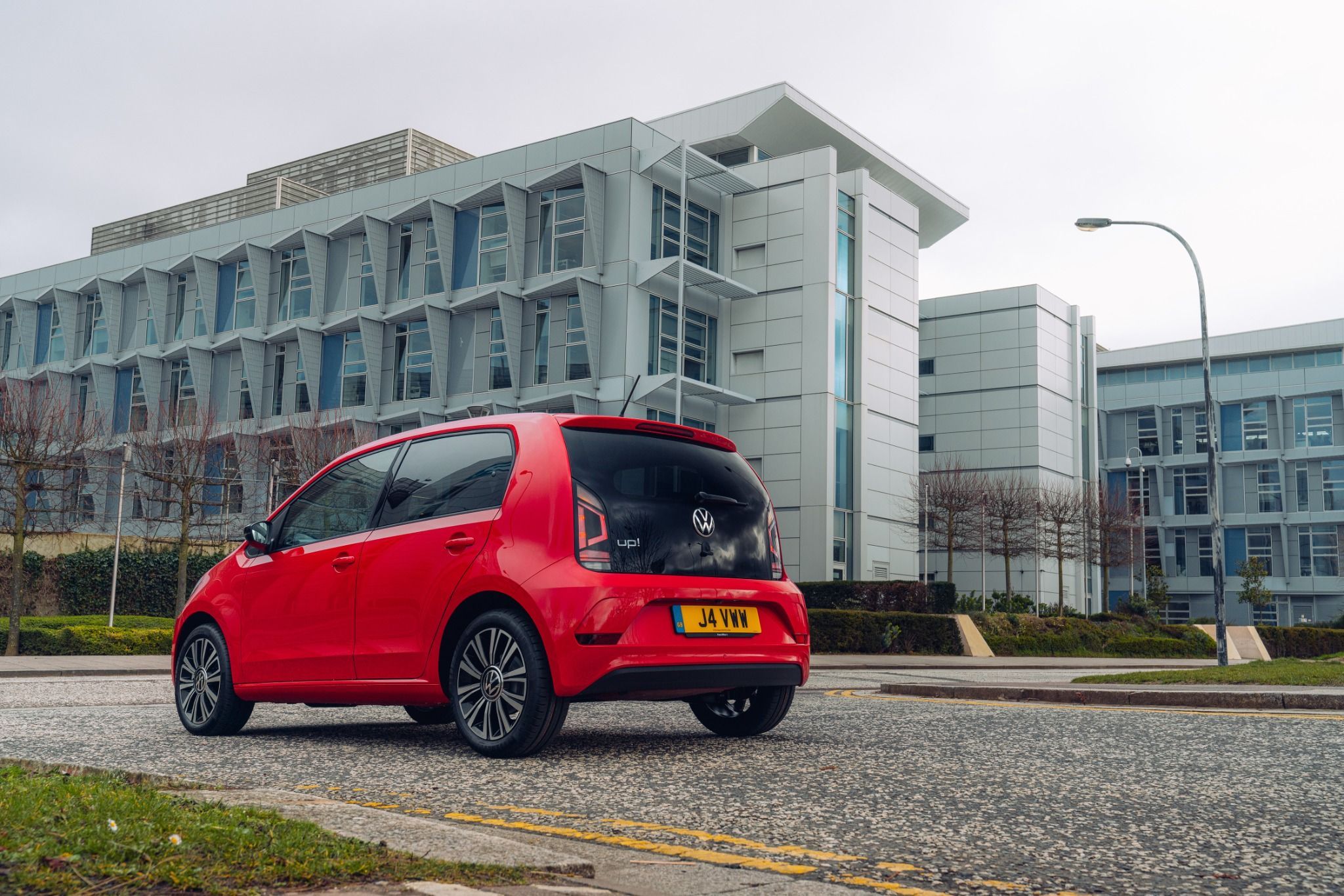Here’s our guide on diesel powertrains, based on a range of factors.
There’s been much discussion about fuel types in recent years, and though more might be choosing hybrid or electric cars, petrol and diesel cars remain very popular – particularly on the used market.
Diesel engines, in particular, have become less popular in recent years, though for some drivers they still make a huge amount of sense, and more so than petrol. So how do you decide between the two? Here’s our guide, based on a range of factors.
Cost to buy
Generally speaking, a comparatively powerful petrol will nearly always be cheaper to buy than the diesel. That’s because diesel engines – particularly modern ones – are more advanced to help reduce fuel and pollution.
On a Volkswagen Golf 8, for example, a similarly powerful diesel is £1,200 more expensive to buy than the petrol, and even though diesels might not be that popular new, plenty of used buyers still want a car powered by the fuel, helping to increase values.
Cost to run
The key advantage to choosing a diesel is because of the improved fuel consumption, as the engines typically run cleaner and therefore don’t require as much fuel as the equivalent diesel.
In terms of the cost of the fuel itself, diesel is nearly always more expensive to buy than petrol – at the time of writing it costs 6p more per litre for diesel. However, with so much fluctuation in current fuel prices, this may change over time.

Your types of journey
One thing is certain if you predominantly do short, low-speed trips, a diesel engine is best avoided. That’s because modern diesel cars use a range of measures that help to reduce emissions being put into the atmosphere.
A diesel particulate filter (DPF) is key to this, but if an engine doesn’t get up to temperature, the filter doesn’t work properly and can lead to the engine getting ‘blocked’ – something that can cause major issues down the line. However, if you do a lot of miles, a diesel remains hard to beat thanks to its long-distance efficiency and ability to travel further on a single tank.
Pollution
Pollution is a big talking point, and it’s an area where petrol engines do better as they typically produce lower particulate emissions. These are linked to local air pollution that is linked to respiratory problems, particularly in busy, built-up areas.
However, CO2 emissions are another story. Generally seen as the pollution that contributes more to climate change, diesel vehicles typically produce far lower CO2 emissions than a petrol-powered car. CO2 emissions also have an effect on car tax too, especially cars registered before April 2017.

Type of vehicle
What type of vehicle you’re looking at buying could also have an impact on whether you choose petrol or diesel. Though both fuel types tend to be offered in most types of cars, larger models (such as SUVs, pick-ups and executive cars) tend to favour diesel engines. That’s because heavy petrol vehicles tend to be very thirsty to run.
If you’re looking to tow with your vehicle, it’s worth noting that the extra engine torque that diesel engines offer typically makes them a better fit.
Verdict
There are plenty of things to think about when it comes to choosing a petrol or diesel, and one thing is certain – diesel-powered cars can still be a great fit for many buyers. If you drive largely around towns and cities, a petrol is a much better option. However, if you do lots of longer motorway trips, the long-distance efficiency offered by a diesel remains hard to beat.